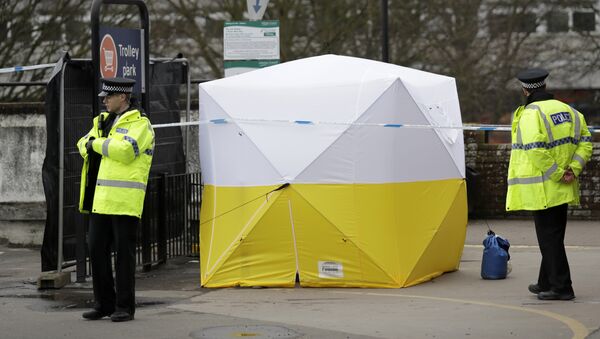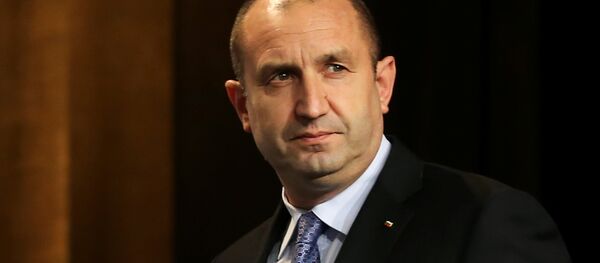According to data collected by the institute, only 8 percent of respondents said they did not approve of the government's position, while 4 percent found it difficult to answer.
At the same time, 61 percent of respondents believed that such questions required a consensus between the main political parties of the country, while 35 percent said that the ruling party should make such decisions on its own.
READ MORE: Bulgaria to Refrain From Expelling Russian Diplomats — Prime Minister
The majority of respondents have traditionally viewed Russia positively. In this context, 81 percent said that there was no real evidence of Russia's involvement, and only 6 percent found the available evidence sufficient.
The institute questioned 801 people on April 3-4. The margin of error is 3.5 percent.
On March 30, Bulgarian Prime Minister Boyko Borissov said that his country would expel neither Russian diplomats nor the Russian embassy's technical staff, but that Bulgarian Ambassador to Russia Boyko Kotzev had been recalled for consultations.
READ MORE: Bulgaria Recalls Ambassador to Russia for Consultations Over Skripal Case
Over 25 states expelled Russian diplomats over the country’s alleged involvement in the poisoning of Sergei Skripal and his daughter in the UK city of Salisbury. The United Kingdom believes the two were exposed to the A234 nerve agent, supposedly related to the Novichok-class nerve agents developed in the Soviet Union. Russia has vehemently denied all accusations.



